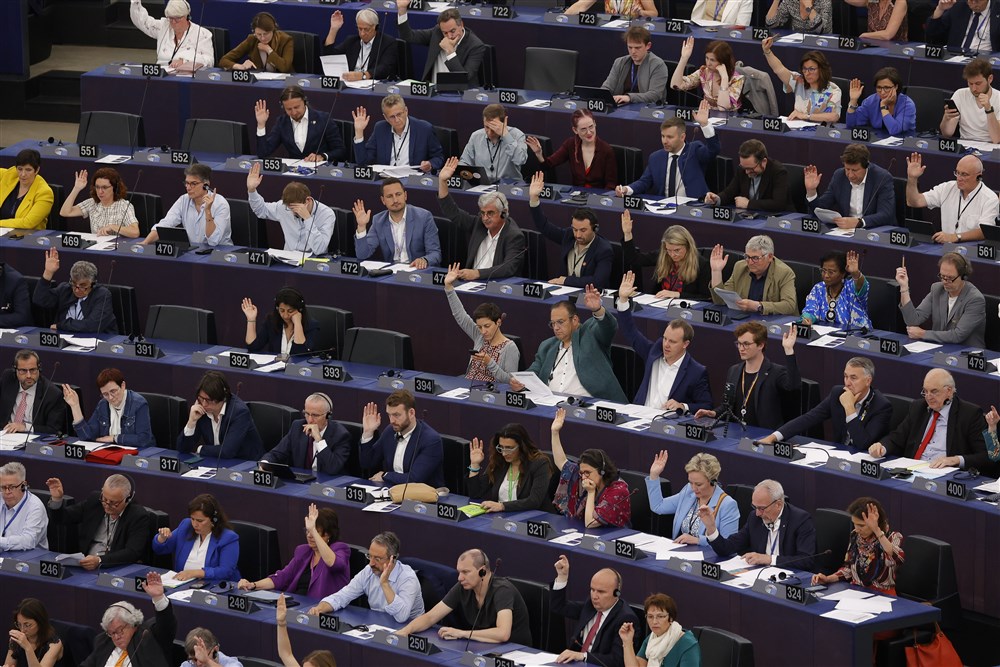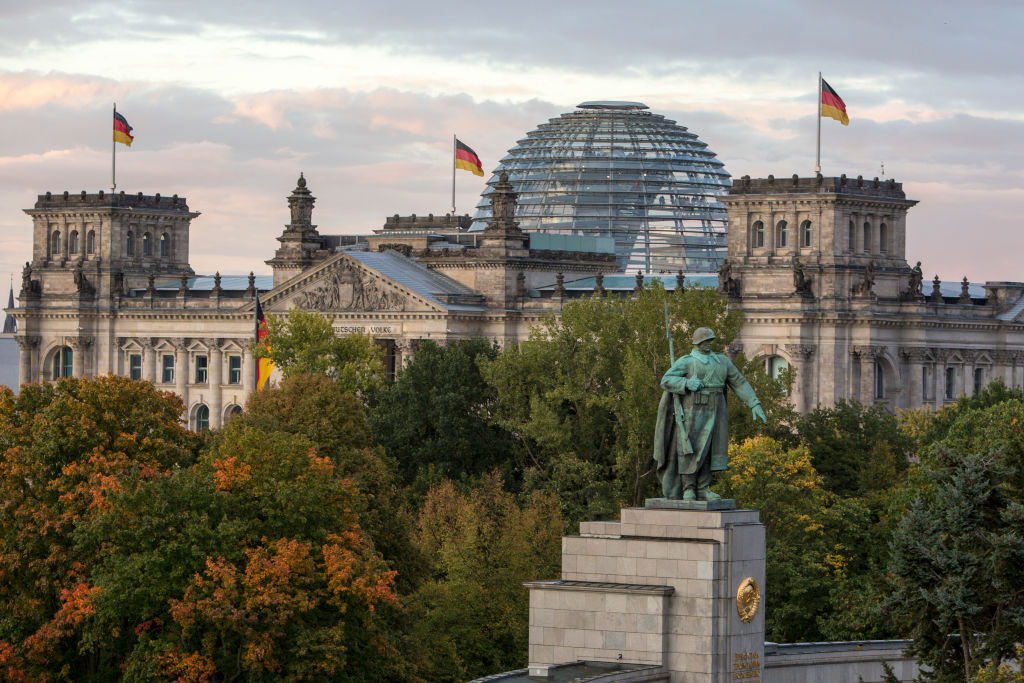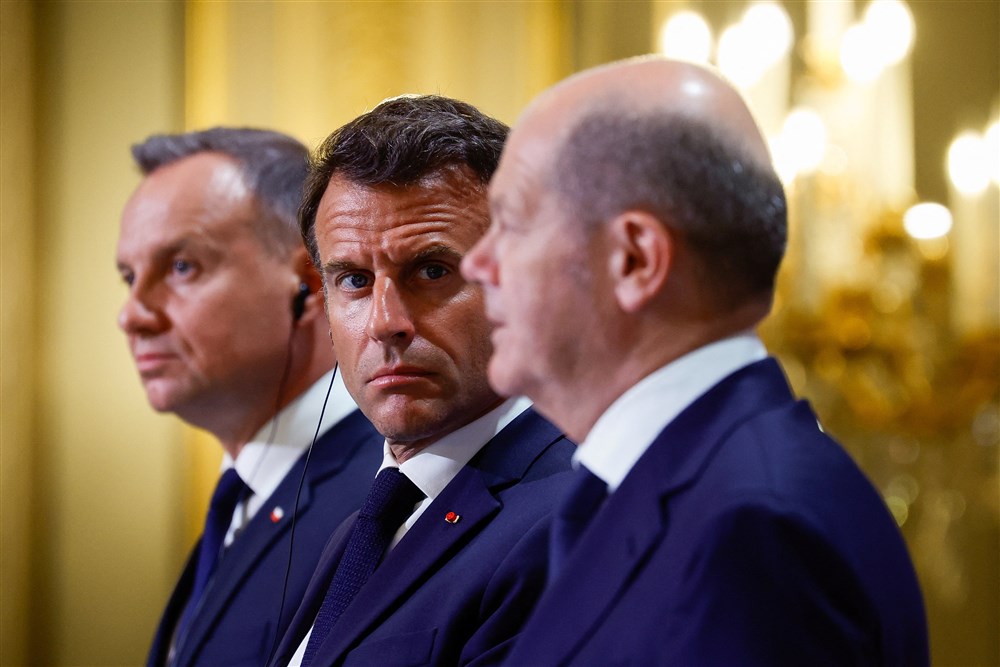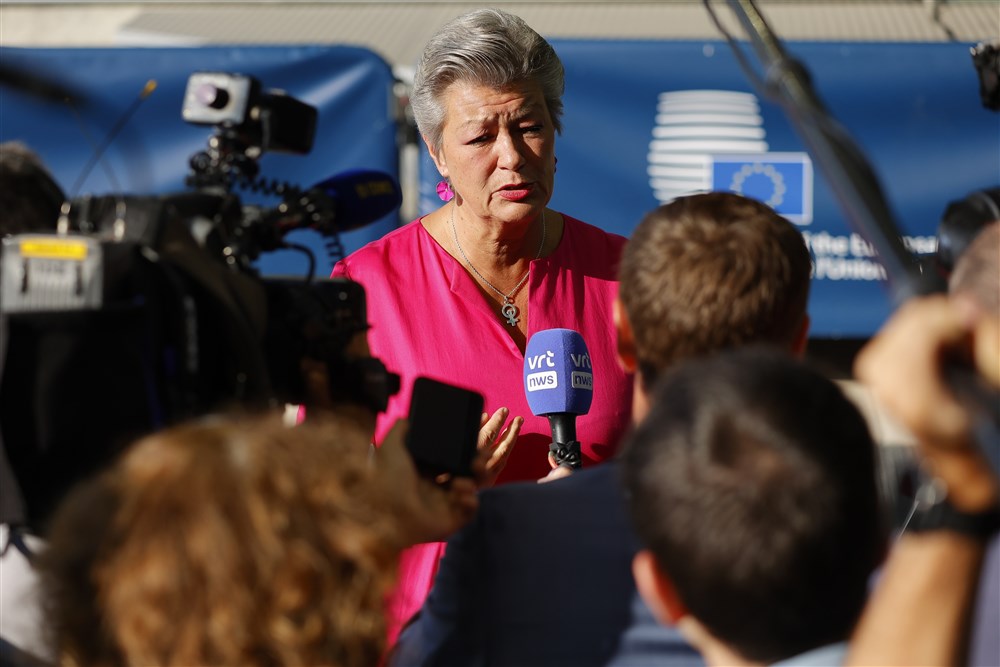Germany’s governing coalition has narrowly avoided collapse over the European Union’s new Migration Pact.
It is the second time this year that EU policy has almost broken up the fragile alliance leading Germany and made up of the Social Democrats, the Greens and the Free Democrats.
News of the latest near-miss came on Saturday, June 17, during the Green party congress held in the spa town of Bad-Vilbel. At the assembly, the party became embroiled in an internal fight over the Migration Pact.
The pact seeks to establish holding centres on the bloc’s external borders for processing asylum seekers. It also includes provisions for quicker processing of asylum claims, and tougher rules regarding the rejection of false claims and the relocation of failed claimants to countries outside the EU.
Many within the Green party claim that the new pact undermines the rights of asylum seekers and migrants. They also warn of inhumane conditions they say migrants will experience in such processing centres.
However, this placed much of the party rank-and-file at odds with the leadership, as the German government of which they are coalition members had already agreed to the proposed pact on June 8 at a meeting of the Council of the European Union.
Many members feel that their party has had to compromise too much in entering the current governing coalition, both on environmental and humanitarian issues.
Green party leader and German foreign minister, Annalena Baerbock, echoed this sentiment saying that having to agree to the pact was “heartbreaking”. However, she said that Green rejection or abstention regarding its progress would have “made things worse”.
The party conference then adopted a ‘position paper’ that argued the same, rejecting a more radical document that was far more critical of the pact. The adopted position still stated that continued Green support was ‘conditional’.
Party policy is now for the German Greens to use continuing negotiations on the EU Migration Pact to push for their own policies, including certain exemptions for women and children, and for rights to re-unify families.
Still, their approval of the pact and, by extension, of their position and participation in Germany’s government coalition, will “depend on the extent to which” changes to the pact “are an improvement to the European asylum system”. Hence, say observers, should negotiated outcomes be seen as unacceptable, the German government could be in trouble.
Green policies have threatened the government coalition before.
In March, plans by the senior German minister Robert Habeck to force all German citizens to install costly heat-pumps and move away from oil and gas also threatened to break the coalition – after causing particular outrage among coalition partner, the free-marketeer Free Democrat Party. The infighting had to be resolved by night-long talks.
Green policies are proving increasingly unpopular with the German public.
On Sunday, June 18, residents in the German town of Greifswald went against their Green mayor in a local referendum, overwhelmingly rejecting plans to build further accommodation for asylum seekers.
Overall, the Greens have slipped sharply in the polls from the highs of 2021, when they even briefly topped voter approval. In the latest polls the party has fallen to fourth place, having been leapfrogged by the once-marginal nationalist AfD party, which has made political gain from the Greens’ unpopular energy, economic and social policies.





